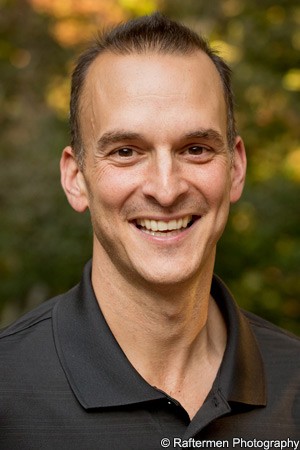USADA chief says its now too late for disgraced former Tour winner
 Travis Tygart, the head of the United States Anti-Doping Agency (USADA) has declared that “the door is closed” to a Lance Armstrong return to sport, according to vg.no, after 18-months of non-cooperation from the disgraced former Tour de France champion. Tygart was speaking to the Norwegian media as former US Postal Service rider prepares to testify in the arbitration case of Johan Bruyneel, who was directeur sportif of the American team.
Travis Tygart, the head of the United States Anti-Doping Agency (USADA) has declared that “the door is closed” to a Lance Armstrong return to sport, according to vg.no, after 18-months of non-cooperation from the disgraced former Tour de France champion. Tygart was speaking to the Norwegian media as former US Postal Service rider prepares to testify in the arbitration case of Johan Bruyneel, who was directeur sportif of the American team.
Inevitably, however, the subject of Armstrong came up, particularly with the American currently on what has been dubbed his “Redemption Tour,” as he meets and apologises with a number of the people that he came up against during his career.
“The responses we have received from Lance’s people, after 18 months with reminders requesting a testimony from him, have made sure the door is closed for such an explanation,” Tygart said. “We will go on with our cause and work on with the UCI [International Cycling Union] to get to the bottom of doping investigations.”
Armstrong and Tygart have been in recent communication, the head of USADA confirmed, but this broke down when it became clear that Armstrong had no intention of cooperating with the anti-doping process.
“We have had discussions and exchanges in recent weeks, but just before Thanksgiving he told us that he is not interested in coming to us to be honest,” Tygart said. “It’s okay.”
Armstrong was first approached by USADA as it was compiling the dossier against him, with the agency reportedly offering the then seven-time Tour winner a reduced sentence in exchange for the same level of cooperation afforded by many of his former teammates.
He refused, and set about using his legal team to unsuccessfully try to block the investigation. All of those who testified against Armstrong received a six-month suspension, served mostly in the off-season, along with a forfeit of some results; Armstrong himself was banned for life and was stripped of all of his results since his comeback from cancer in 1998.
“Ideally we would have wanted him to come to us in June 2012,” said Tygart. “Since that time, most of the information we think he’s sitting on has come out. It has been used for the good of cycling, but it would have been more efficient, and better for us, if we had got it in 2012.”